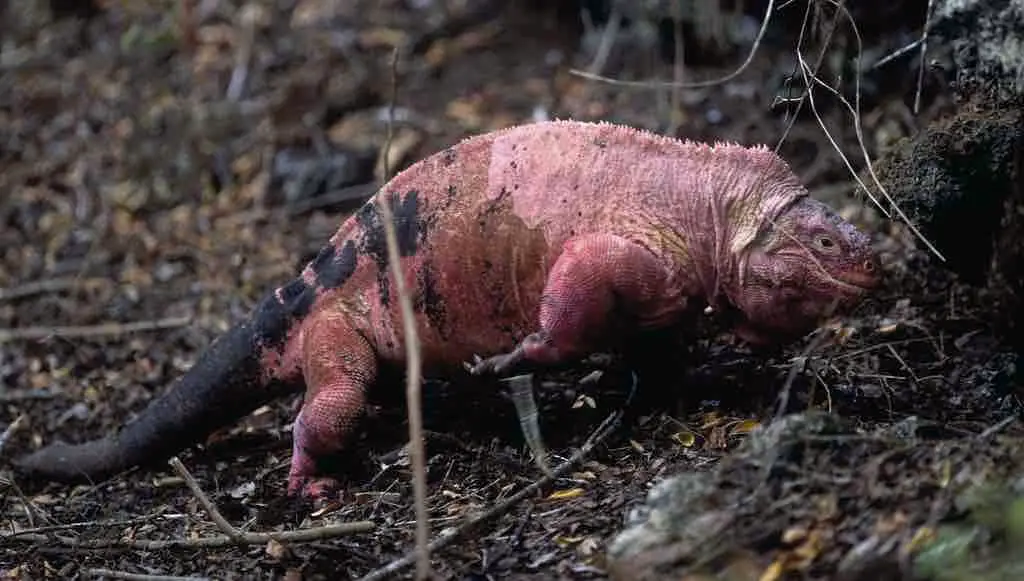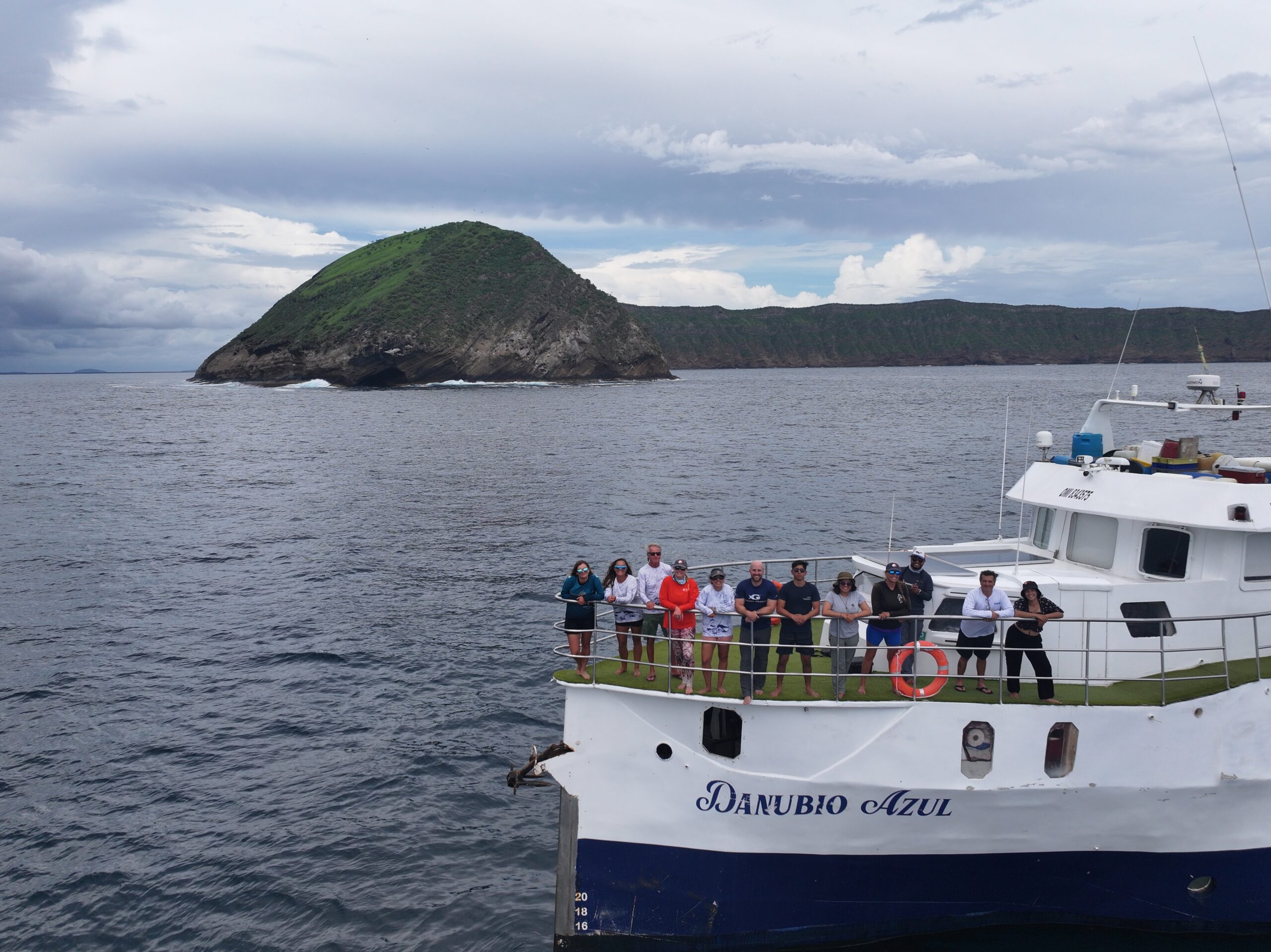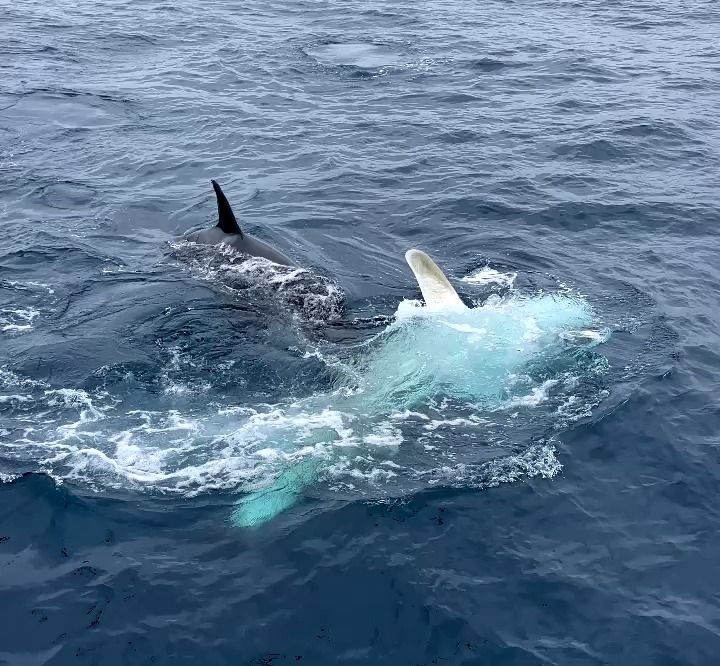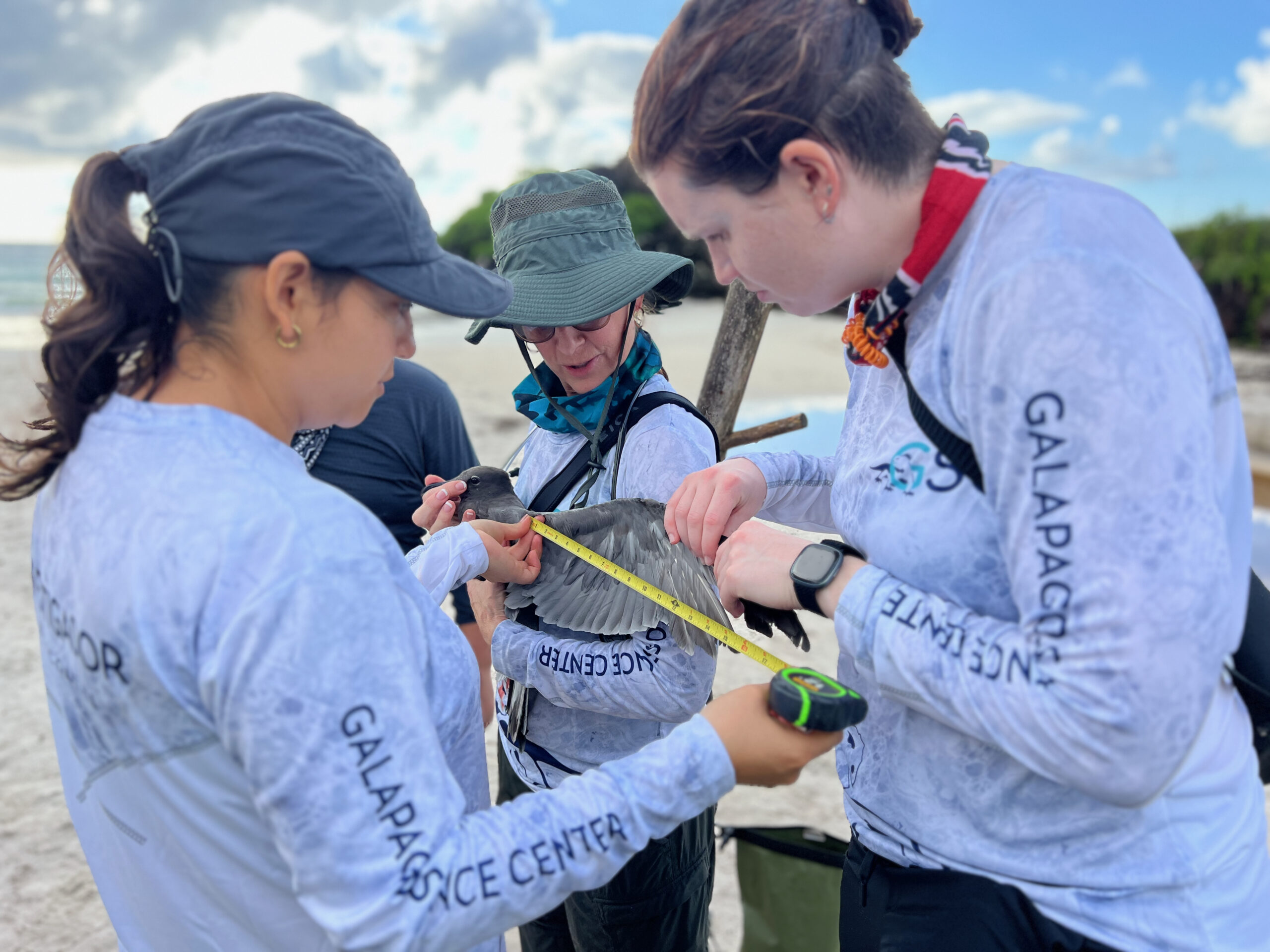Highlights
• We tested adenovirus and herpesvirus in iguanas of the Galapagos archipelago.
• First herpesviral detected in endangered Galapagos land pink iguana.
• Novel species of herpesvirus, tentatively named iguanid alphaherpesvirus 4.
• No adenovirus was detected in the tested iguanas.
Abstract
Virus surveillance in wildlife is important to understanding ecosystem health, taxonomy, and evolution. Nevertheless, viruses in reptiles, and specifically in squamates, continue to be understudied. Herein, we conducted a health assessment on the critically endangered Galapagos pink land iguana (Conolophus marthae) and the vulnerable Galapagos land iguana (Conolophus subcristatus). We collected oral and/or cloacal swabs from 47 clinically healthy iguanas and tested for adenovirus (cloacal swabs, n = 47) and herpesvirus (oral swabs, n = 45) using broad-spectrum PCRs. Two out of 38 (5.3 %) Galapagos pink land iguanas tested positive for herpesvirus, while no herpesvirus was detected in all Galapagos land iguanas (n = 7). Both herpesviral sequences were identical between them and divergent (61.9 % amino acid identity) when compared to the closest herpesvirus sequences available in GenBank/EMBL/DDBJ. The genetic distance between this and other herpesviruses is consistent with its classification as a novel virus species. All iguanas were negative for adenovirus. This is the first description of a herpesvirus in iguanas of the Galapagos islands, and the first report of a potential pathogen for the iconic Galapagos pink land iguana. Further research is needed to understand the implications of this virus in the conservation and management of one of the most endangered iguana species in the world.
Read the article in the link: https://doi.org/10.1016/j.actatropica.2024.107127






